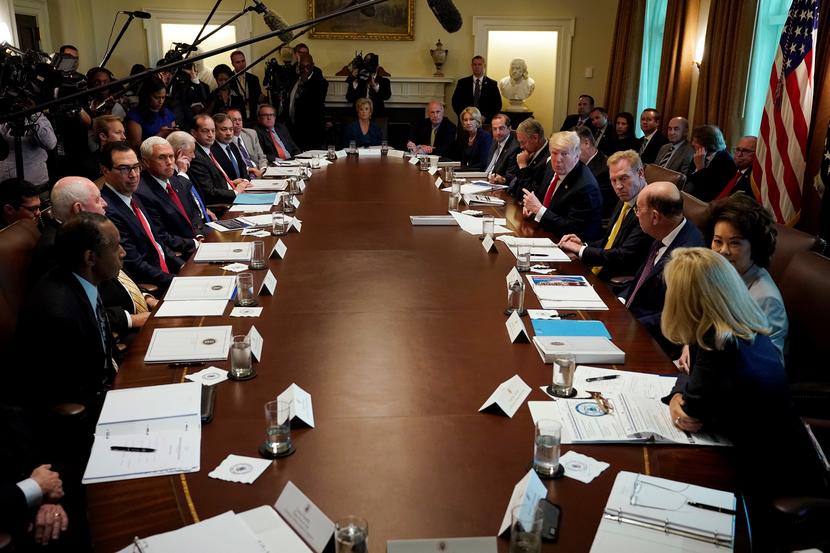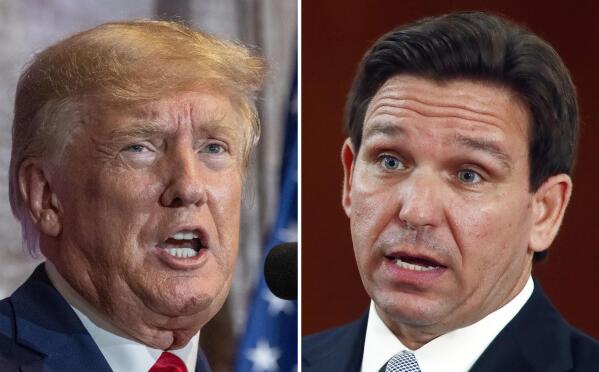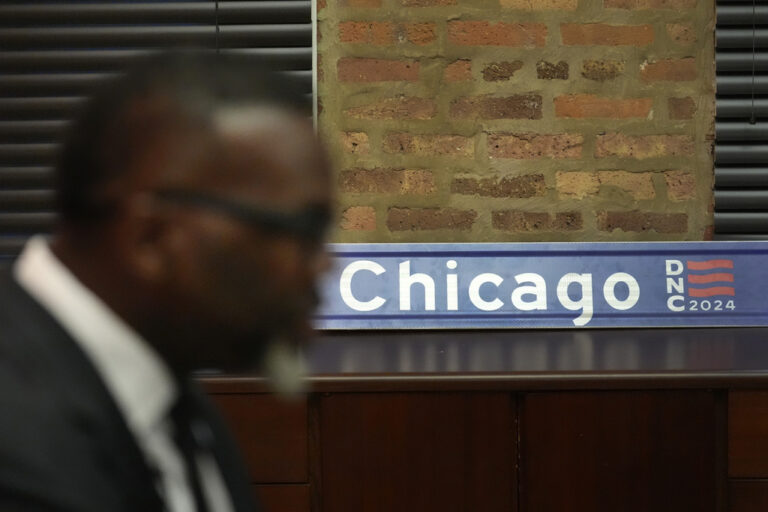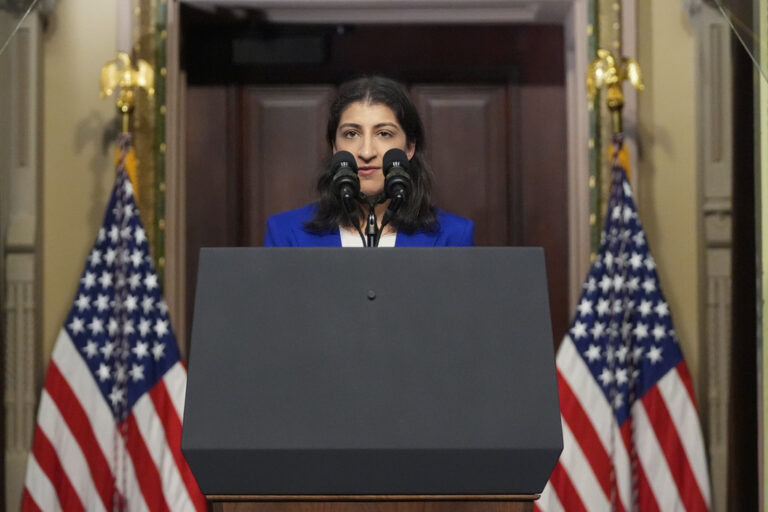
Perhaps the most entertaining of the many new phenomena stirred into existence by Trump’s manic reign, has been the ceaseless conveyor belt of peculiar characters hurried onto, and often quickly harried off, the stage as Trump political proxies. From Roger Stone to Steve Bannon, the unforgettable Mooch’s brief interlude, and this new outspoken and age-addled iteration of Rudy Giuliani, each is deserving of their own spinoff reality show. They were the embodiment of Trump’s half stab at repudiating the political establishment.
When Trump ran for President promising to “drain the swamp,” the idea, aside from his gruff delivery, seemed quaint, relatable, and achievable. In a gambit to separate Trump the billionaire, and Trump from those rich bastards who run the country, he promised to root out those DC elites who were coasting on their laurels, maintaining the status quo and lining their own wallets at the expense of the American people. It was one of Trump’s few ideas with appeal across party lines. Whether they would like to recognize it or not, many Bernie Sanders supporters were drawn to him because of a similar message delivered with a different intonation. Trump has surrounded himself with a mixed bag of garden variety rich old white men, and the colorful characters above (note, also rich, old, white men).
That Trump has not delivered on his promise to drain the swamp is no secret. If money is an accurate measure of “swamp-iness” he’s made a conscious effort to supplement and landscape the swamp. At a rally in 2017, Trump poetically explained the reasoning behind a few of his wealthy cabinet appointments, “I love all people, rich or poor. But in those particular positions, I just don’t want a poor person. Does that make sense?”
Beneath this blunt and clumsy comment lies the nugget of a worthy philosophy; not that personal wealth should be used as an exhibit of intelligence (see Trump himself), but that it’s okay to employ elites in positions where they are uniquely qualified to operate. Trump’s appointments and his Tweets have not always illustrated a high regard for expertise, and he seems to adhere to a personal science, empirical in that it mostly consists of what he can gather from his four senses. Trump’s convoluted conception of expertise occupies a line on the list of qualifications for a spot in his administration, perhaps behind fealty, and a talent for deception, but at least it’s present.
The country is likely much better off for Trump having decided to employ some of the same privileged and insider Republicans he disavowed during his campaign. His more unconventional hirings and associations, and their failures (see the list above) prove that there is not a large idle supply of public servants with the requisite expertise to navigate the logistical and administrative nightmare of a $4.4 trillion operation. For the sake of entertainment, the public is at a loss for having only eleven days of the Anthony Scaramucci experience. For the sake of the country, and maintaining a semblance of dignity, six days of Scaramucci was five more than should have been allowed. A definite ‘establishment’ outsider, Scaramucci is a testament to the value of the quiet, uncontroversial establishment operative.
In the run up to 2020, the political establishment is certain to be bashed again. Yet, when we talk of the political establishment, the “swamp,” do we know who exactly we are referring to? Sanders and Trump, the two meteoric outsiders from the last cycle, are arguably the two grandest pillars of their parties. As the left has raced over to join Sander’s progressive crusade, and the Republican party has been tugged around at Trump’s Fox & Friends segment dependent whim, it has become clear that nobody has a larger effect on the ‘establishment’ views of their respective parties, than Trump and Sanders. Trump has created a new generation of political insiders, former outcasts like Bannon that gained public platforms and notice as Trump hanger-ons.
One might think that, having witnessed the dysfunction created by the Trump administration’s more exotic employs, the country would be clamoring for the safe and familiar technocratic cabinets of prior Presidents. Surprisingly, in a time when political discourse, and the government’s operation is more hectic than ever, there is no outcry for normalization. Dysfunction and dissatisfaction may be the new normal.
Dante Sacco



